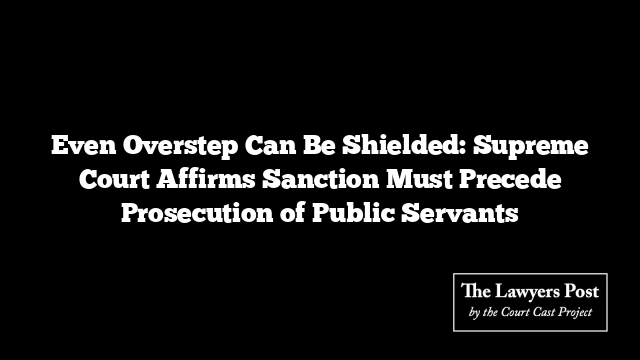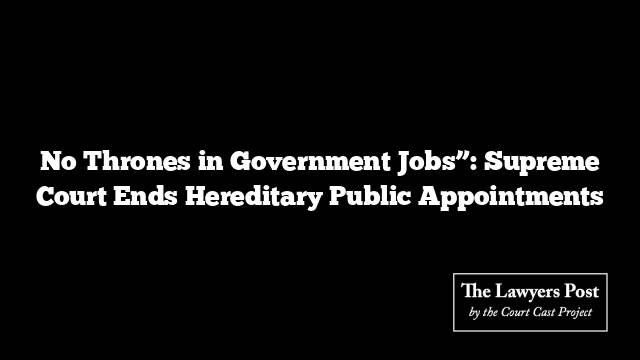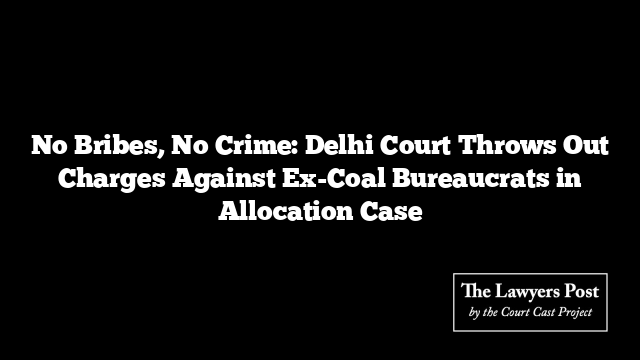In a ruling that recalibrates the fine line between official overreach and personal liability, the Supreme Court has reaffirmed that public servants—even when accused of stepping beyond their legal authority—cannot be prosecuted without prior sanction, provided their actions bear a reasonable connection to their official duties.
The court made it clear: an act doesn’t lose its legal shield simply because it exceeded formal limits. If the act is interwoven with the role of the public servant, the statutory protection under Section 197 of the Criminal Procedure Code still applies. The requirement for prior government approval before launching prosecution stands firm.
The case in question revolved around police officers accused of custodial assault and wrongful confinement. The complaint arose during a criminal investigation involving a person already flagged as a rowdy sheeter by senior police officials. Though the complainant alleged excessive force, the apex court focused not on the legality of the act but on its origin—whether it was reasonably linked to official duties.
The bench, led by Justices BV Nagarathna and Satish Chandra Sharma, overturned a High Court order that had greenlit criminal proceedings. The trial court had acted without securing the mandatory sanction. That, the Supreme Court said, was a misstep that invalidated the entire process.
Quoting established precedent, the Court leaned on the principle that even excessive or unauthorized acts can fall within the zone of official function if done during the execution of duty. They cited D. Devaraja vs. Owais Sabeer Hussain, reinforcing that the protective mantle isn’t stripped away merely because the servant may have overstepped.
The judgment emphasized a crucial distinction: it’s not whether the act was right or wrong that matters at this stage—it’s whether it was connected to the function of the office.
The Court concluded that the investigation-related acts—even if arguably heavy-handed—were linked to the officers’ official capacity. With no prior sanction obtained, the proceedings against them were fundamentally flawed.
The final word from the bench was unequivocal: the absence of sanction under Section 197 CrPC rendered the trial court’s cognizance unsustainable. All proceedings were quashed, bringing the matter to a close, and reaffirming the judiciary’s stance on safeguarding lawful procedure—even when public servants cross a line.





